This important book traces the history of the Dalit movement from its beginnings in the nineteenth century to the death of its most famous leader, B.R. Ambedkar, in 1956. Focusing on three states — Andhra, Maharashtra and Karnataka — Dr. Omvedt analyses the ideology and organization of the movement and its interaction both with the freedom struggle (particularly with Gandhi and Gandhism) and the ‘class’ struggles of the workers and peasants (and their dominant ideology — Marxism). She also provides a historical account of the origin and development of the caste system. The author analyses the Dalit movement as part of the broader anti-caste movement which remains a central democratic movement in Indian society. In this process, the Dalits sought to transform the basic structures of the Indian social system while challenging ‘Hindu Nationalism’. Dr. Omvedt bases her analysis on a modified historical materialism which takes into account the realities of caste, class and gender, and also includes a critical analysis of Ambedkar’s thought which is the dominating ideology of the Dalit movement. Besides its unique methodological framework, this study has many other significant features since it is based on original research material drawn from three linguistic areas. It also constitutes the only analytical account of the Dalit movement in the colonial period. This invaluable study will be of interest to political scientists, historians, sociologists, activists and all those studying the Indian social system and grassroots efforts to usher in a new social order.
Dalits and the Democratic Revolution: Dr. Ambedkar and the Dalit Movement in Colonial India
In stock
Free & Quick Delivery Worldwide
reviews
Bibliographic information
Title
Dalits and the Democratic Revolution: Dr. Ambedkar and the Dalit Movement in Colonial India
Author
Edition
Reprint
Publisher
ISBN
8170363683
Length
348p., Tables; 22cm.
Subjects

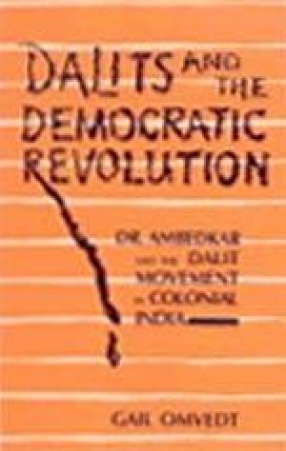
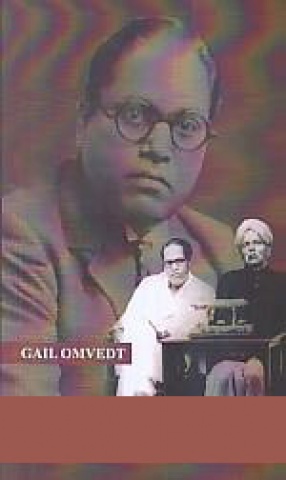
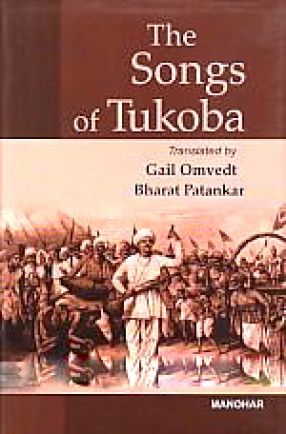
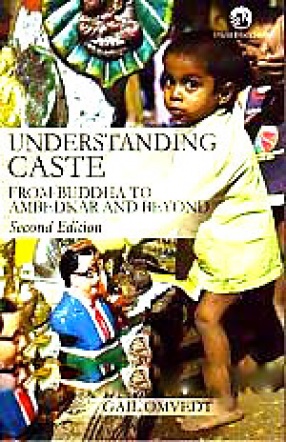
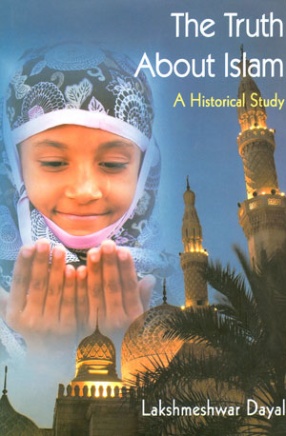
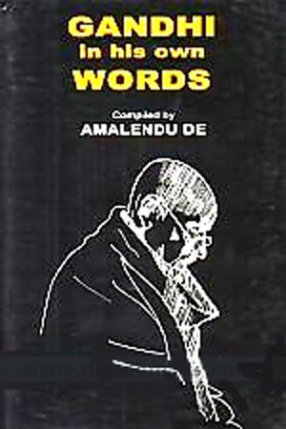
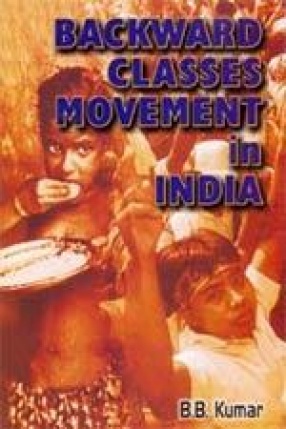
There are no reviews yet.